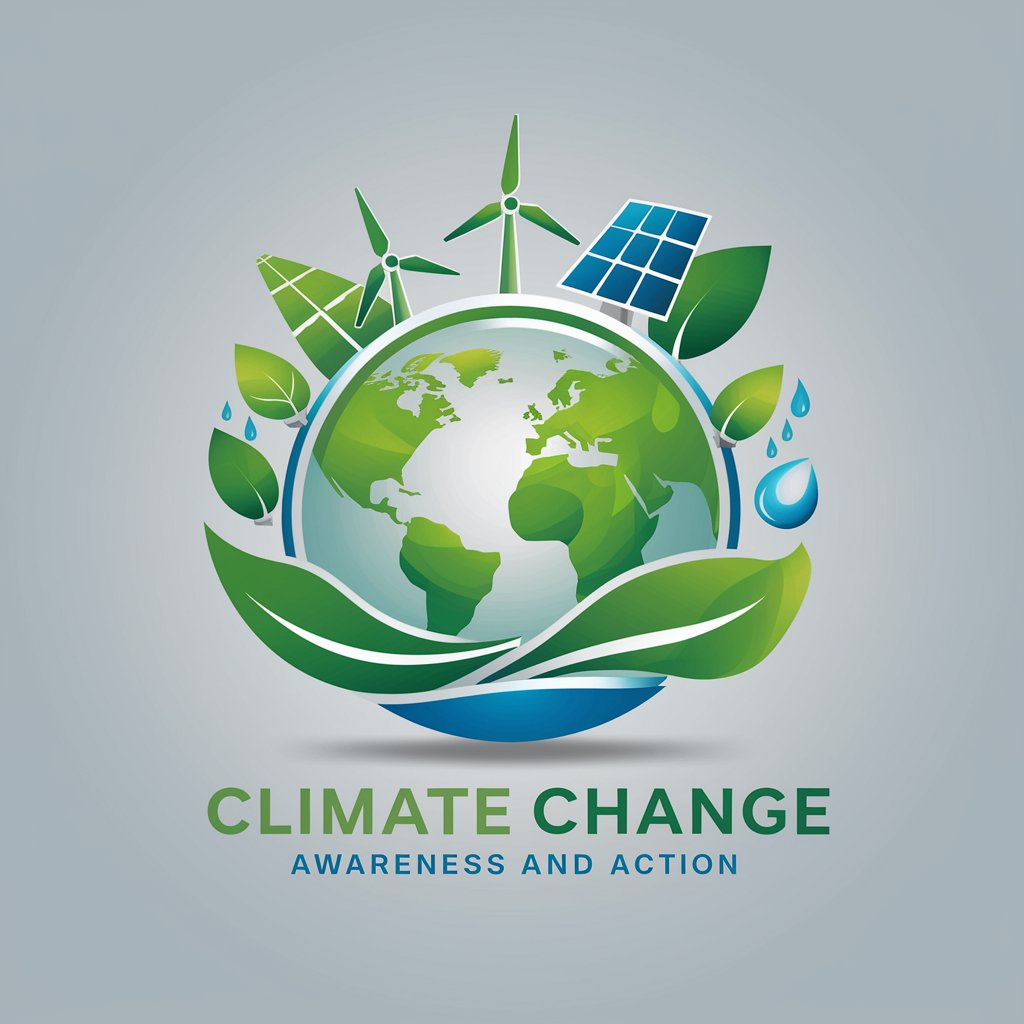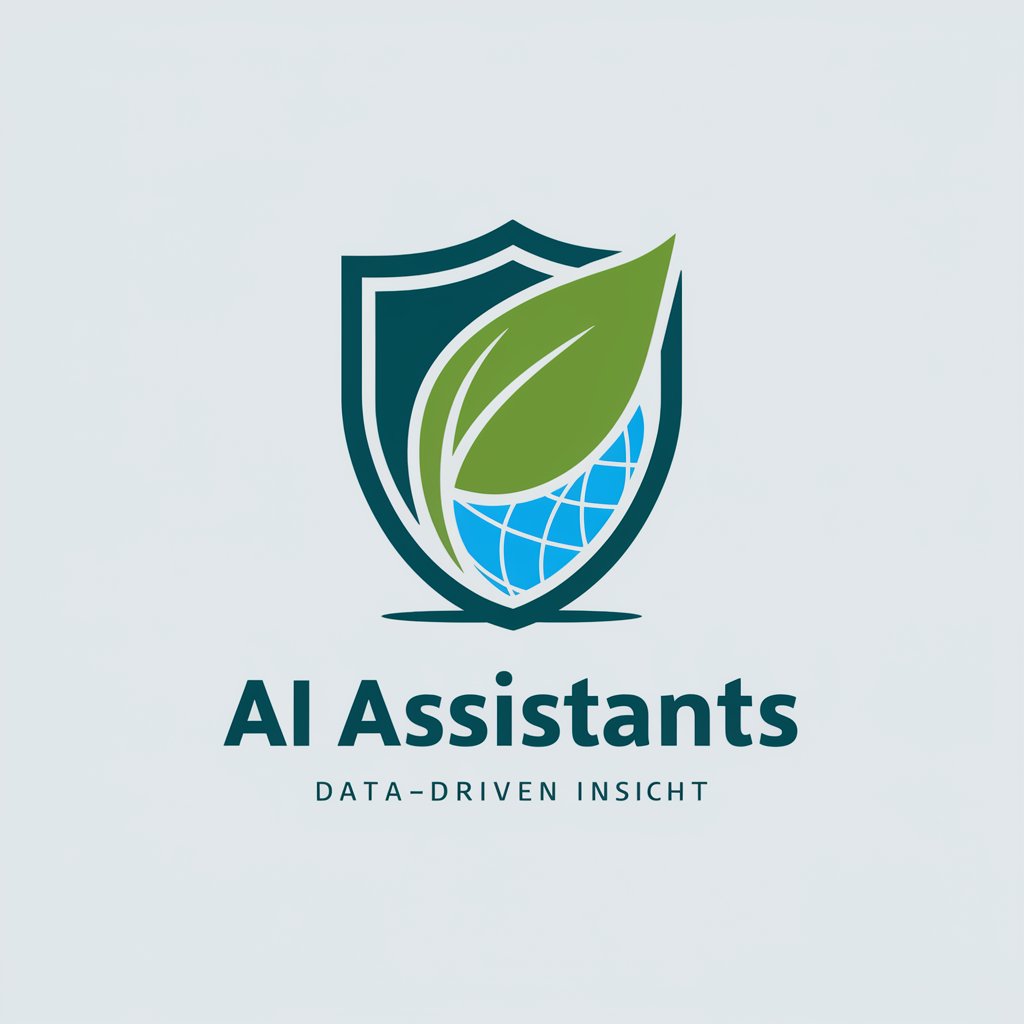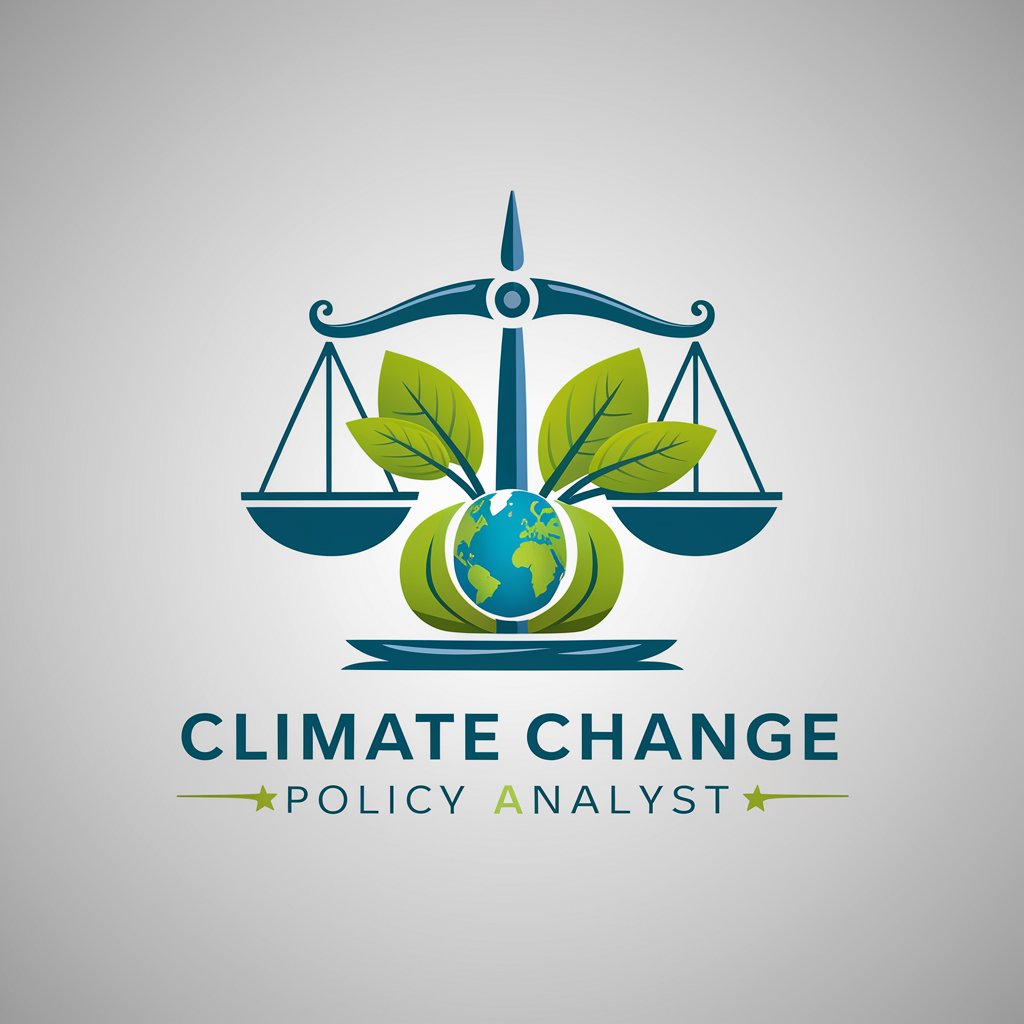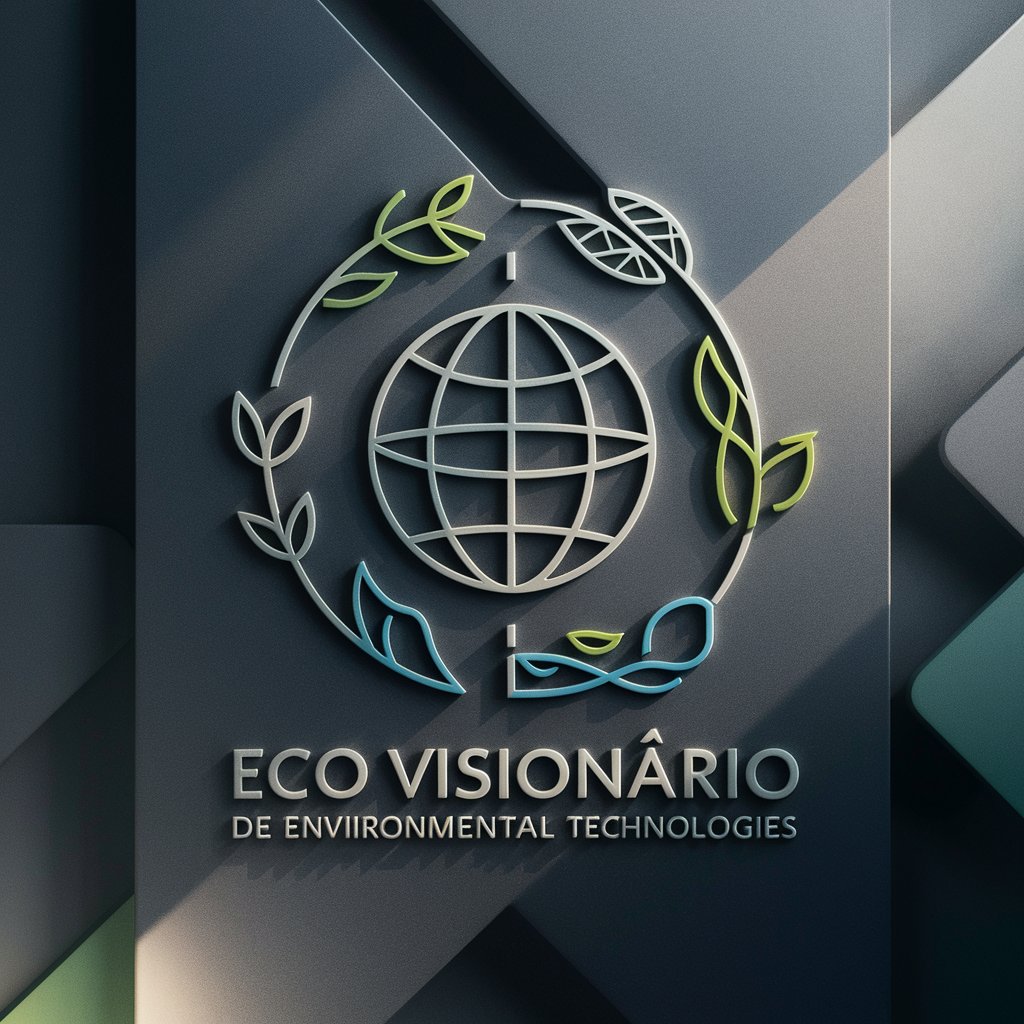
Desenvolvimento Regional e Mudança Climática - Climate Action Tool

Welcome! Let's explore innovative solutions to tackle climate change together.
AI-powered Climate Innovation
How can we develop sustainable urban infrastructures to mitigate climate change effects?
What innovative solutions can be implemented to reduce carbon emissions in rural areas?
How do local communities benefit from integrating renewable energy sources?
What policies could encourage businesses to adopt greener practices?
Get Embed Code
Introduction to Desenvolvimento Regional e Mudança Climática
Desenvolvimento Regional e Mudança Climática is designed as an innovative platform to address the multifaceted challenges posed by climate change through a regional development lens. Its core purpose is to integrate interdisciplinary knowledge, proposing innovative strategies to mitigate climate impacts while fostering sustainable regional development. It excels in synthesizing data from diverse fields such as environmental science, economics, and social policy, to offer tailored, actionable solutions. For instance, in a scenario where a coastal city faces rising sea levels, this platform could analyze geographical, socio-economic, and environmental data to suggest infrastructure adaptations, community resilience-building measures, and policy reforms tailored to the city's specific needs and challenges. Powered by ChatGPT-4o。

Main Functions of Desenvolvimento Regional e Mudança Climática
Interdisciplinary Analysis
Example
Integrating oceanographic research with urban planning to address coastal erosion.
Scenario
In a coastal town experiencing rapid erosion, the platform would evaluate scientific data on sea level rise, storm frequency, and sediment dynamics, alongside urban development plans, to recommend integrated coastal zone management strategies.
Idea Generation
Example
Proposing the development of green corridors in urban areas to enhance biodiversity and reduce heat island effect.
Scenario
For a densely populated city with limited green space, the platform could suggest the conversion of unused urban areas into green corridors, detailing the types of vegetation suitable for the local climate and the expected benefits in terms of air quality improvement and biodiversity enhancement.
Impact Assessment
Example
Evaluating the socio-economic impacts of transitioning to renewable energy sources in a rural area.
Scenario
In a rural region reliant on fossil fuels, the platform would assess the potential impacts of shifting to solar or wind energy, considering factors like job creation, energy costs, and community acceptance, to ensure a just and beneficial transition.
Policy Facilitation
Example
Developing a policy framework for sustainable water management in agriculture.
Scenario
Facing water scarcity, a farming community could receive guidance on policies to promote water-saving irrigation techniques and crop choices, including regulatory incentives and educational initiatives to ensure widespread adoption.
Education and Awareness
Example
Creating tailored educational programs on climate resilience for schools in vulnerable regions.
Scenario
In regions prone to extreme weather events, the platform might develop curriculum resources that educate students on climate change impacts and personal and community resilience strategies, fostering a culture of preparedness and sustainability.
Collaboration and Communication
Example
Facilitating a multi-stakeholder dialogue on urban reforestation projects.
Scenario
For a city planning an extensive reforestation initiative, the platform could organize workshops and forums that bring together government officials, environmental NGOs, and community members to collaboratively design the project, ensuring it meets ecological goals while addressing local concerns.
Ideal Users of Desenvolvimento Regional e Mudança Climática Services
Policy Makers and Government Officials
These users benefit from the platform's ability to offer evidence-based guidance for drafting and implementing policies that address climate change while promoting regional development, ensuring policies are both effective and sustainable.
Environmental NGOs and Activists
This group can leverage the platform to gain deeper insights into the environmental challenges specific to their regions, helping them to design more targeted advocacy and intervention programs that align with broader sustainability goals.
Urban and Regional Planners
These professionals can utilize the platform to integrate climate resilience into urban and regional development plans, ensuring that infrastructure, land use, and community services are designed to withstand future climate-related challenges.
Educators and Researchers
This group benefits from the platform's comprehensive data analysis and innovative solution proposals, which can enrich educational content and research projects focused on climate change and sustainable development.
Business Leaders and Entrepreneurs
For those in the private sector, the platform offers insights into sustainable business practices and emerging green technologies, aiding in the development of business models that are both profitable and environmentally responsible.

How to Use Desenvolvimento Regional e Mudança Climática
1
Start by visiting yeschat.ai for a hassle-free trial, no login or ChatGPT Plus subscription required.
2
Identify the specific area within regional development and climate change you need assistance with, such as policy formulation, innovation brainstorming, or impact analysis.
3
Engage with the tool by inputting detailed information about your current challenges or goals related to climate change and regional development.
4
Utilize the generated insights, strategies, and policy recommendations to guide your decisions and actions in addressing climate change.
5
For optimal results, regularly update the tool with new data and feedback from your initiatives to refine and enhance future recommendations.
Try other advanced and practical GPTs
DeepCode Mentor
Elevate your coding with AI guidance.
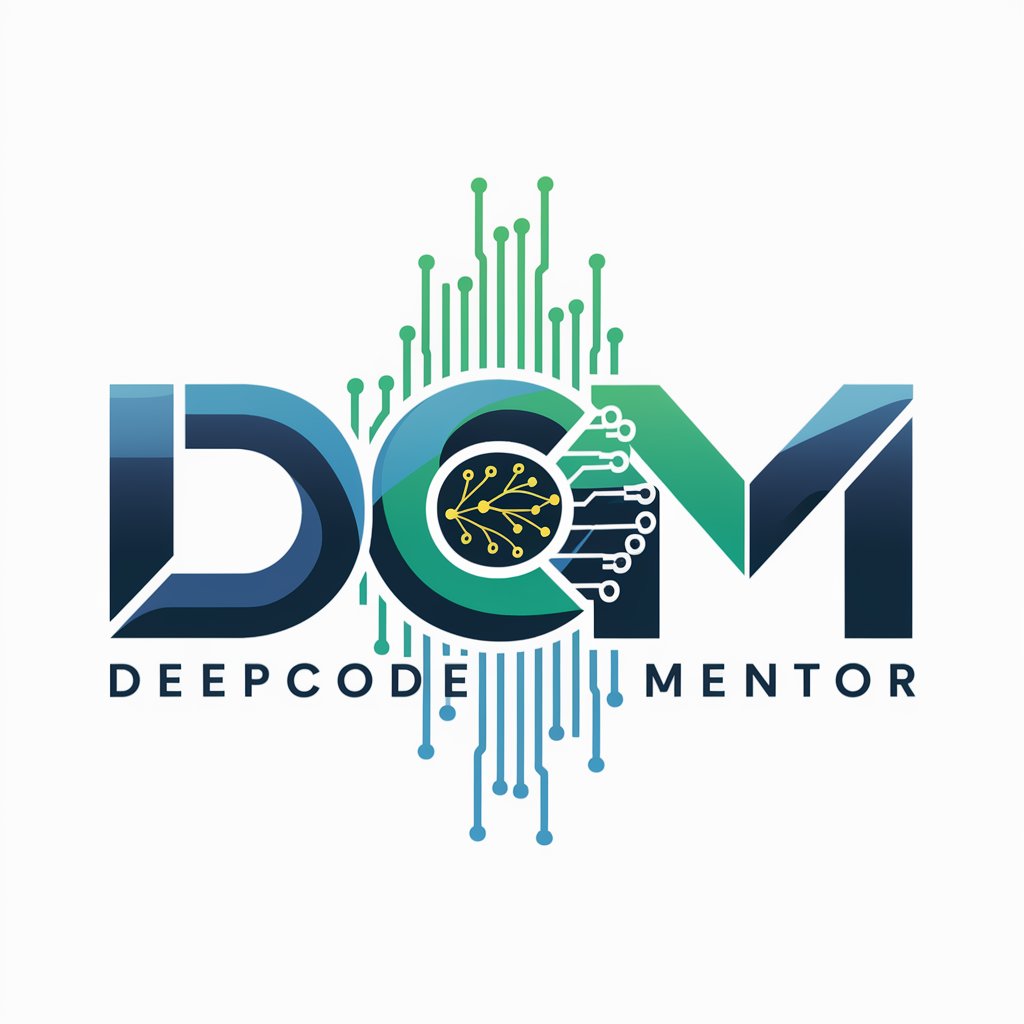
Franklin - Homeschool Helper
Empowering Homeschooling with AI

Lean Launch Buddy - Startup Advisor
AI-powered startup strategy advisor
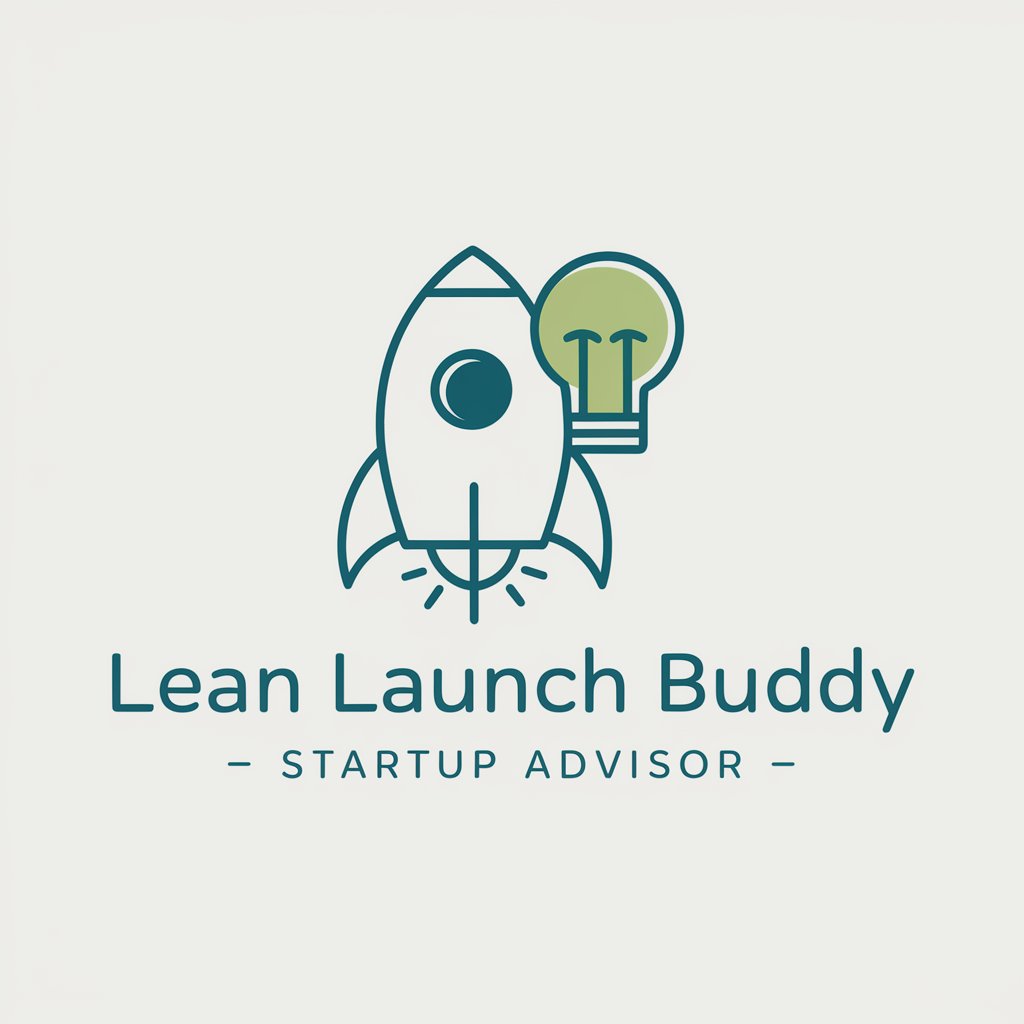
Upskill Ops Statistics in Big Data 5
Empowering data-driven decisions with AI.
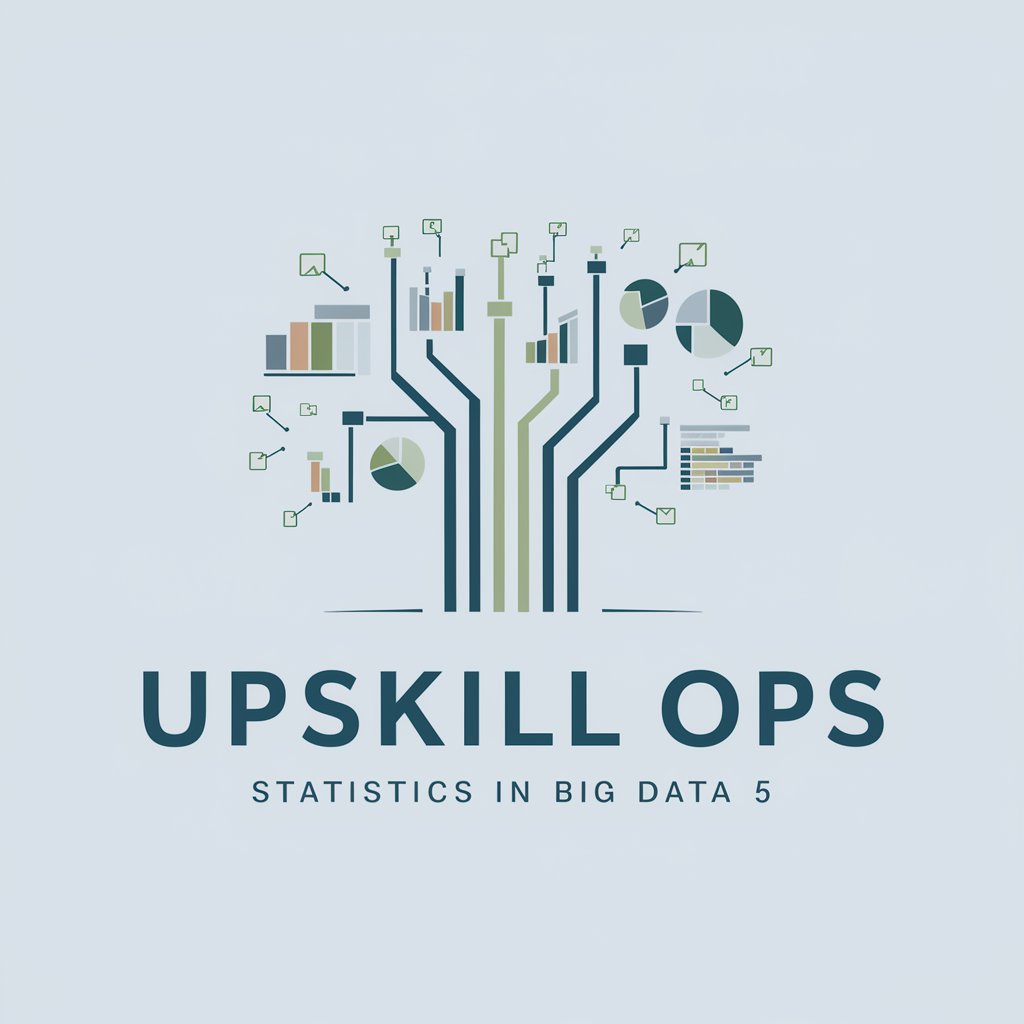
Relocation GPT
Streamline Your Move with AI
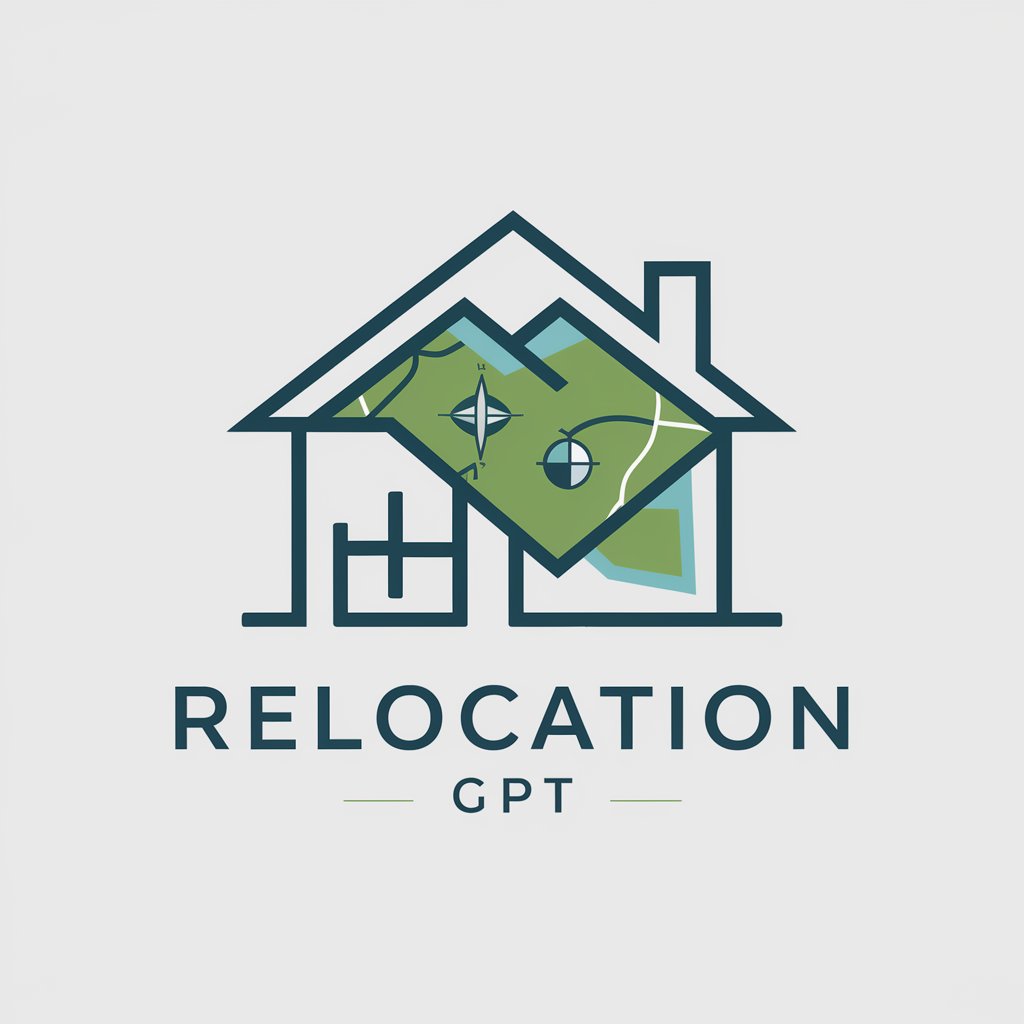
Calcio in Italia Serie A - Il Quiz
Test your Serie A knowledge with AI

Photo Analysis Expert
Unveiling the Truth Behind Images
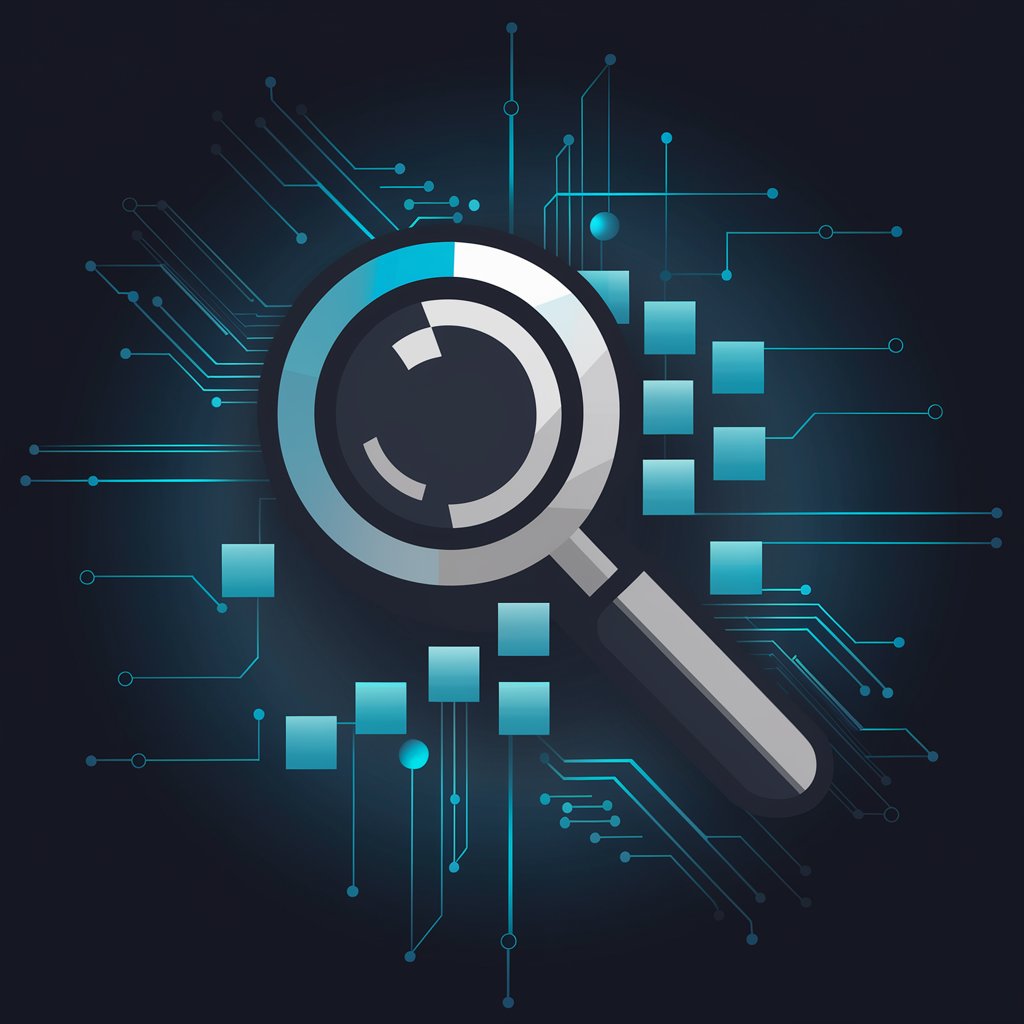
7 Dwarfs Writer Short Story Writing Assistant
Craft compelling short stories with AI-powered assistance.

SDA Counselor
Integrating Faith with AI-Powered Insights

Credit Card Companion
Empowering Your Credit Choices with AI

Workplace Wordsmith
Elevate Your Words with AI Power
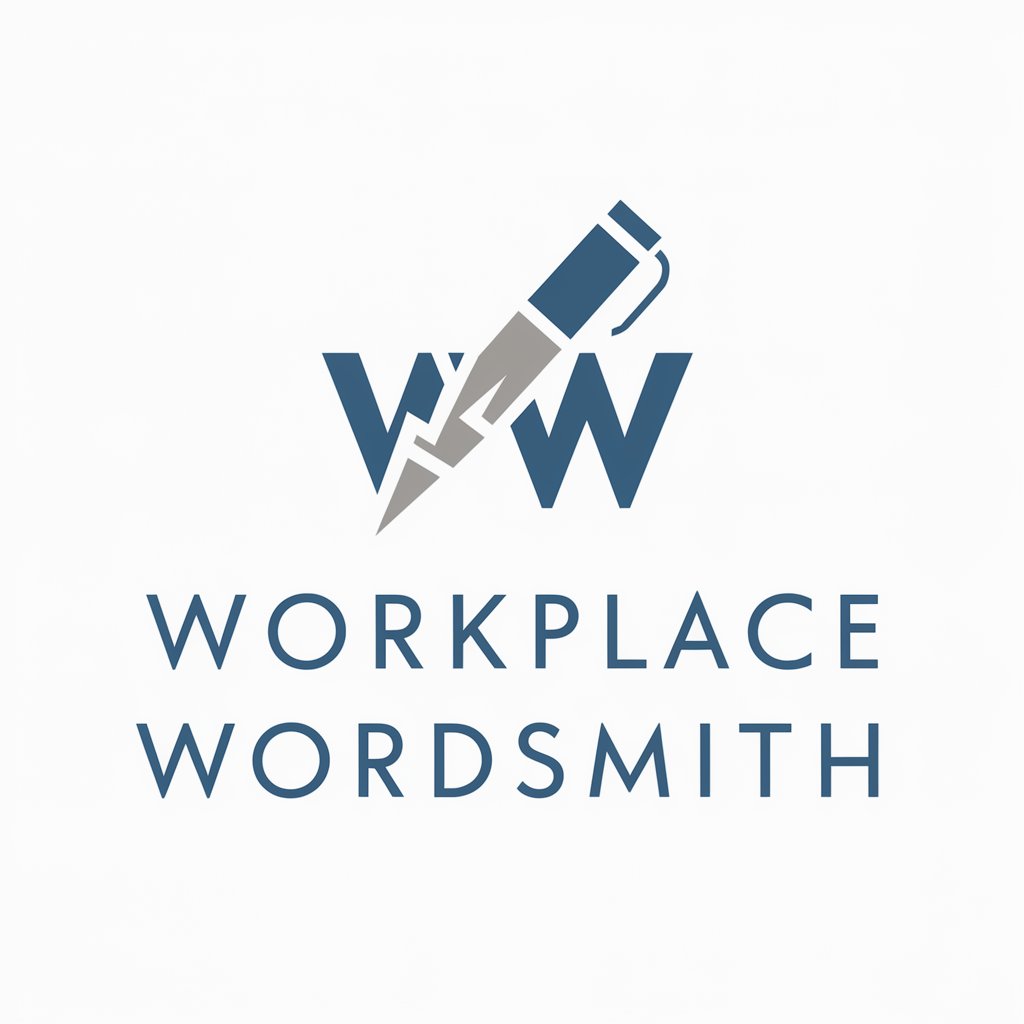
Je révise mon Brevet des collèges avec GPT
AI-powered Brevet Exam Mastery
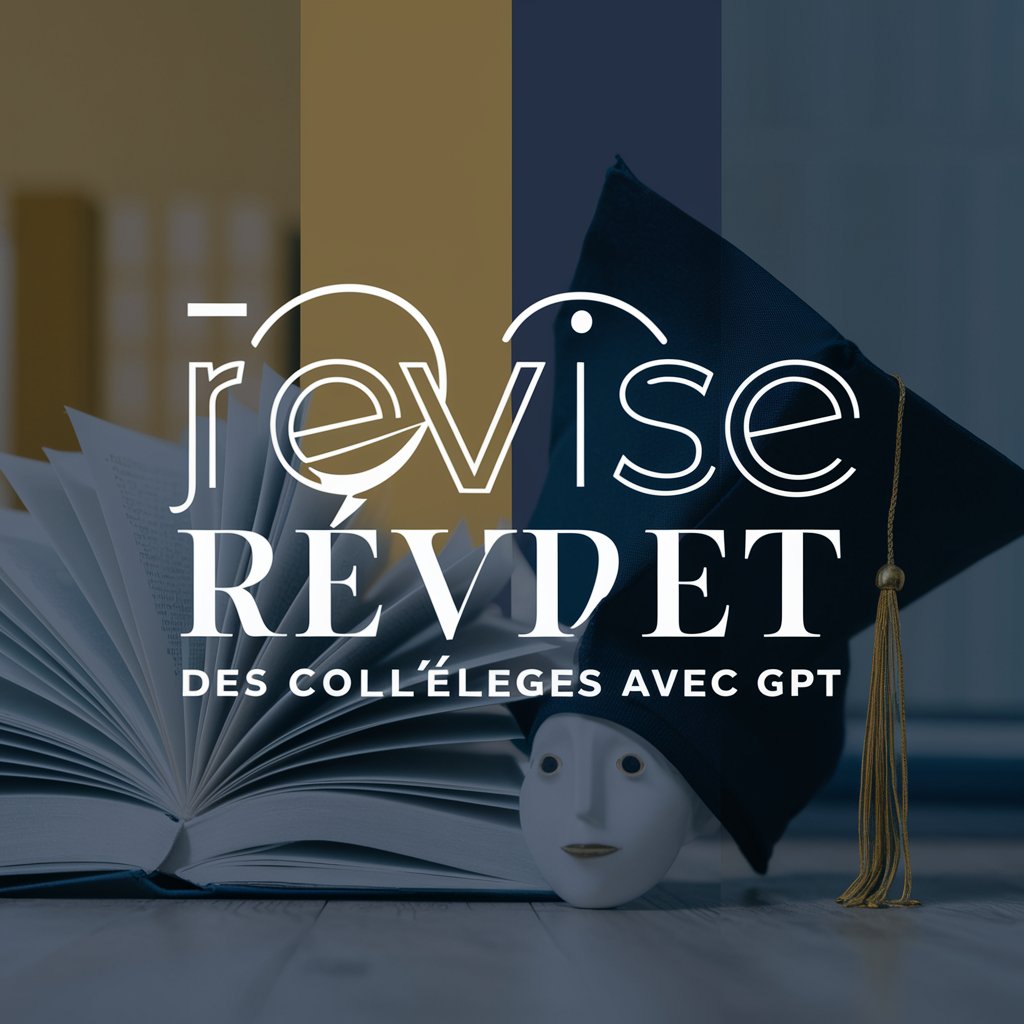
Q&A on Desenvolvimento Regional e Mudança Climática
What is Desenvolvimento Regional e Mudança Climática?
It's a specialized tool designed to integrate information across fields, proposing innovative strategies to mitigate climate change effects, especially in the context of regional development.
How can it help in policy-making?
The tool suggests effective policies and initiatives by analyzing interdisciplinary data and considering local, national, and global contexts, thereby facilitating informed decision-making.
Can it assist in academic research?
Yes, by providing data-driven insights, impact evaluations, and innovative solutions, it aids in advancing academic research on climate change and regional development.
Is it suitable for industry professionals?
Absolutely, industry professionals can use it to develop sustainable business practices, assess environmental impacts, and contribute to regional development.
How does it promote sustainability?
By proposing creative solutions to reduce carbon emissions and enhance sustainability, it encourages the adoption of practices that lead to long-term environmental, economic, and social benefits.
